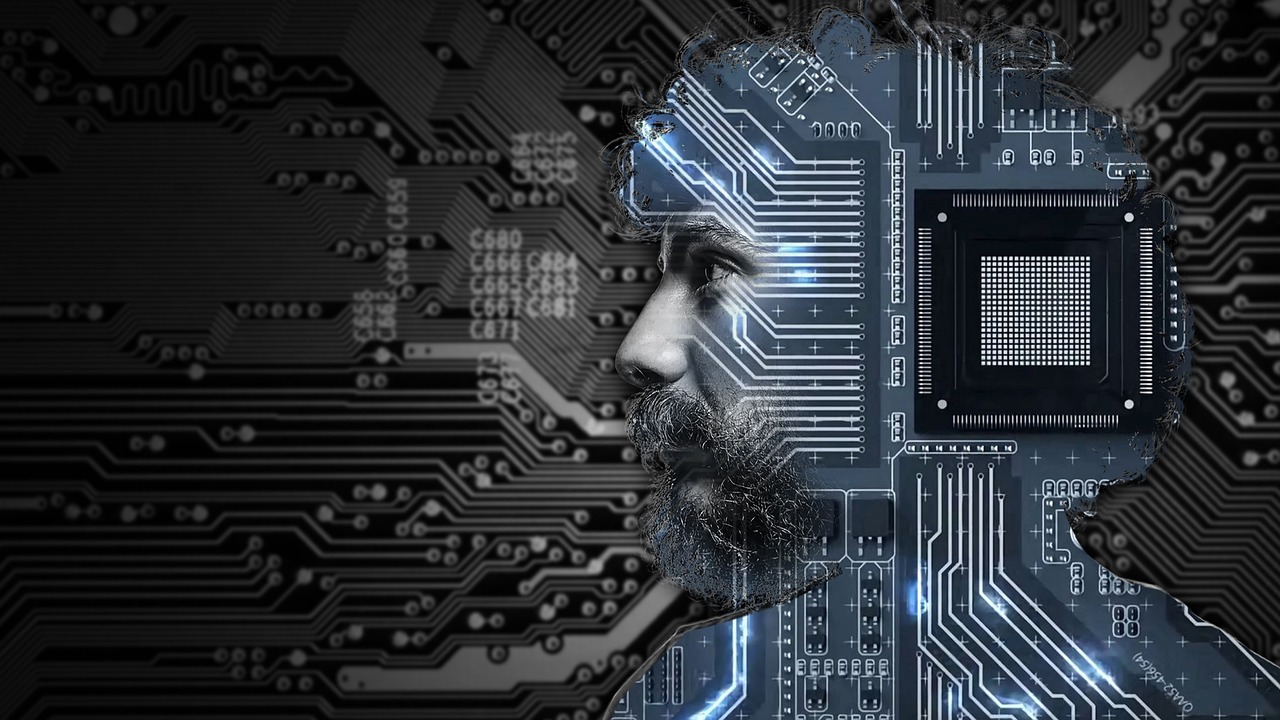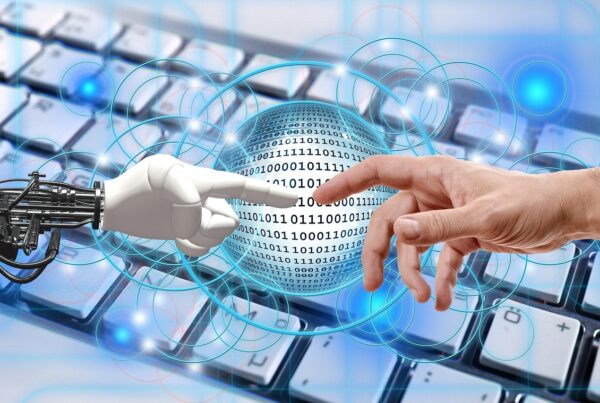#AI@Work: What You Know Won’t Matter
Finance is another area adopting AI. Finance and accounting were always equated with crunching numbers. Finance departments do analysis to support accurate reporting and growth. Traditionally, this involved a lot of manual operations like creating spreadsheets and applying formulas to create statements and predictions. Automation and AI can increase reporting accuracy and efficiency exponentially. From invoicing to payments, to investments, AI can and is playing a role. The transformation to FinTech is irresistible. It frees the financial department up to focus on higher order before computers can show emotions, devotion and concern? Many AI systems already do.
What about programmers and software engineers? Are these professions going to be impacted? In the short term, the next ten years, probably not significantly. In the longer term, most definitely. The game is changing. Programmers no longer always write the step-by-step instructions, but instead focus on instructing the computer to recognize situations and react to them. Engineering is going to be around a bit longer than most other professions. The caution is that most neural network operations are black boxes. In AI, a programmer acts like a coach. The capabilities of AI, machine learning and neural networking are wondrous, magnificent and here to stay. Automated reasoning and acquired knowledge are what makes AI… well… AI. Programmers, like so many other professions, are redesigning their jobs. AI engineers will still be needed to create tests and research AI applications. AI is only beginning to take hold, but once it does it will be with us for a long time. Engineers are the backbone of technology.
#AI@Work, #WFH, #Virtual Touchpoints, #ThePajamaEffect, #The Visual Connection, #BobbeGB, #BobbeBaggio, #Touchpoints, #Remote Workplace, #WorkFromHome, #PJEffect, #LinkedInNewsLive




